The Office of Communication of the United Church of Christ, Inc., Prometheus Radio Project, Media Alliance, National Organization for Women, National Hispanic Media Coalition, Common Cause, and Benton Foundation are pleased that the FCC has begun a comprehensive review of its media ownership rules. As the Commission begins its 2010 Quadrennial Review of broadcast ownership limits, it should keep foremost in mind that the rules are intended to ensure that the general listening and viewing public have access to diverse and competing sources of local news so that they can be active participants in our democratic system.
To accomplish this goal, the Commission must also complete pending proceedings on the public interest obligations of digital television stations, enhanced disclosure, and localism. The Commission cannot make rational decisions about structural rules without addressing behavioral rules as well. Nor can it evaluate the effectiveness of its policies without information about how broadcast stations are serving their communities. The Commission should not change its rules simply because some stations are experiencing short term economic difficulties.
The Commission should promote the public interest in diversity, competition and localism by tightening up the current limits. In reviewing the local television rule, the FCC should consider whether allowing duopolies remains justified in light of television stations’ ability to digitally multicast. It should assess whether the failing station rule is working as intended to promote opportunities for minorities and women to obtain broadcast stations. It should also investigate whether “shared services arrangements” and “local news services” agreements are being used to circumvent the local television rule and/or undermine the goal of ensuring diverse and competitive sources of local news.
The Commission should lower the numerical limits for radio station ownership to create more opportunities for minorities and women to enter the radio business. It should also close loopholes in the newspaper-broadcast cross-ownership rule.
Finally, the Commission should eliminate the UHF Discount, which discounts the audience reach of UHF television stations by 50% for purposes of determining the national audience limit, which Congress set at 39%. The digital transition has rendered the UHF discount moot because UHF stations are now comparable to VHF, and in fact, many former VHF stations have changed to UHF. If the FCC fails to eliminate the UHF Discount, large group owners may try to expand their audience reach in contravention of Congressional intent.
Click here to read the full filing.
]]>